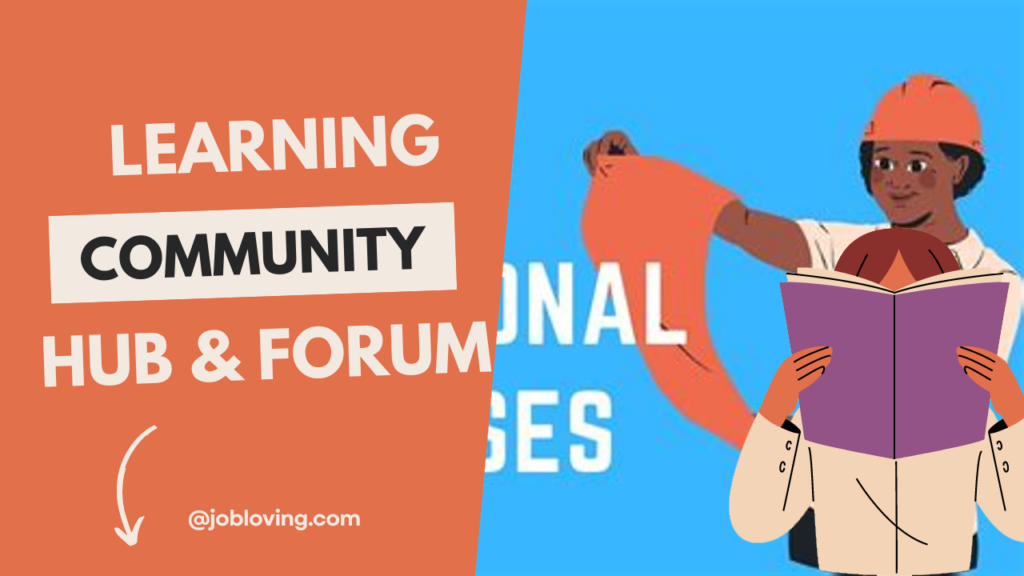Have you ever wondered what the term “vocational types” really means? Is it just a fancy phrase for job training, or does it dive deeper into the world of careers? Let’s unravel the concept together!
The Short Answer: Vocational types refer to specific skill sets or training related to a particular job or career.
Vocational types focus on training and education aimed at preparing individuals for specific trades, crafts, or careers. Think of vocational training as getting hands-on experience that leads to a particular job. For example, if you’re learning how to be an electrician, chef, or automotive repair technician, you’re engaging in vocational training. Essentially, something vocational is all about gearing you up for the workforce with practical skills and knowledge that align with a certain career path. This type of education can range from technical schools, community colleges, to apprenticeships in various industries.
In summary, vocational types bring clarity to the job training world, helping people gain skills that are directly applicable to the workforce. So whether you’re considering a career change or just starting out, exploring different vocational paths can lead you to a fulfilling job that matches your interests. If you want to dive deeper into this topic or have more questions, join the JobLoving community for a treasure trove of resources!
Key takeaways about the meaning of vocational types
Definition and Origins of Vocational Types
- Originating from Latin, “vocational” means a calling, initially linked to spiritual vocations and later careers.
- Vocational types categorize individuals based on their interests, skills, and preferred work environments.
- Understanding vocational types helps in career guidance and aligning job roles with personal strengths.
- Common vocational types include realistic, investigative, artistic, social, enterprising, and conventional categories.
- The Holland Codes framework is a popular model used to classify vocational types effectively.
Importance and Impact of Vocational Training
- Vocational training equips individuals with specific skills for careers like culinary arts or automotive repair.
- Vocational education focuses on practical skills, preparing students for immediate entry into the workforce.
- Vocational schools provide targeted training, differentiating from traditional academic institutions by emphasizing hands-on experience.
- The rise of vocational training reflects the increasing demand for skilled labor in various industries.
- Many vocational programs offer certifications, enhancing employability and career advancement opportunities for graduates.
- Students in vocational programs often experience higher job placement rates compared to traditional college graduates.
Influence of Vocational Types on Career Development
- Different vocational types can influence job satisfaction and long-term career success significantly.
- Individuals tend to excel in careers that align closely with their identified vocational types.
- Vocational types can evolve over time, reflecting changes in interests and life experiences.
- Tailoring education and training programs to vocational types enhances student engagement and success rates.
- Awareness of vocational types promotes self-discovery, empowering individuals to seek fulfilling careers.
Societal Perspectives on Vocational Types
- Awareness of vocational opportunities is growing, helping to destigmatize non-traditional education paths among students.
- Cultural and societal factors can influence the perception and value of different vocational types.
- Employers benefit from understanding vocational types, improving team dynamics and employee satisfaction levels.
- Vocational types are essential in workforce development, guiding training initiatives to meet industry needs.
- Effective career counseling incorporates vocational types to help clients navigate complex job markets.
Vocational Training and Economic Development
- Vocational training can significantly reduce unemployment rates by providing relevant skills aligned with job market demands.
- Collaboration between vocational schools and local businesses fosters community development and workforce readiness initiatives.
- Vocational types support economic growth by addressing skills gaps and meeting industry-specific workforce requirements.
- Government policies increasingly support vocational education as a viable alternative to traditional higher education pathways.
- Vocational training encourages entrepreneurship by equipping individuals with skills to start their own businesses.

